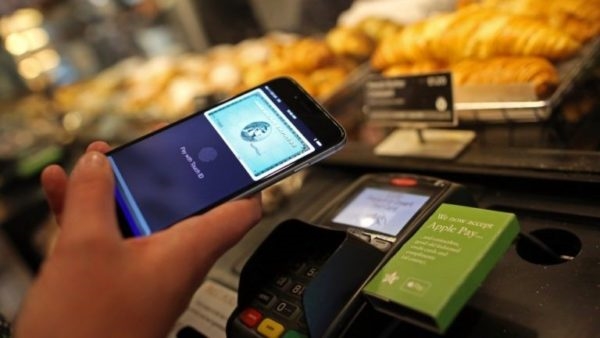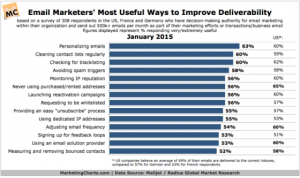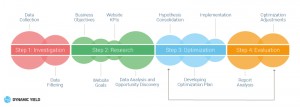— July 10, 2018

Choosing The Right Fit For Your Business
Ensuring your organization has the best payment processing tools will be an important factor in the overall success and future of your business. With so many options available on the internet, it may be hard at times to sift through the noise. Understanding your business needs and the industry you work in will be the cornerstone of first step in separating the beneficial from the unnecessary.
Equally, the tools and software that are available to help your business in specific ways is growing and changing by the day. Keeping up with changes in POS Point of Sale Systems, mobile transaction apps and E-Commerce software is becoming more and more difficult. Thankfully, the internet age has opened countless avenues a business can take to succeed. The next hurdle is sorting it all out to compete at the highest level in your specific industry.
Payment Processing Options
- Retail Storefront Payment Processing
For retail storefronts, the majority of transactions will be occurring in your business’ physical location. This will mean needing a unit to process the transactions in house. A Point of Sale (POS) System combined with a credit card terminal will be the ideal tool to process both cash and credit/debit card transactions. Simply put, a credit card terminal is designed to do one thing, process credit and debit card transactions. While a POS system is designed to manage, track and analyze transactions. Tools like a cash drawer, barcode scanner and inventory tracking are the pieces that make up the POS system.
- Restaurant Point-Of-Sale POS
While restaurants can have some similarities to the system a retail storefront, there are also some distinct differences. The most obvious is in terms of the POS system and the variations of a credit card terminal. A POS system in a restaurant will track inventory in a different way along with gathering information for future purchasing trends. An example of this can be using your POS system to see dishes that are popular, versus one that are not. This will ensure that you are not purchasing too much of an ingredient that does not sell, or that may need to be eliminated. Additionally, a Swipe at Table credit card processor can add convenience to your customer in that the transaction is completed at the table. This will provide a sense of security and comfort to your customers because the card never leaves their sight and helps the process start and end quickly.
- Mobile Device Processing
The ability to process credit and debit cards is transforming the way a number of industries operate. Businesses that previously had to take credit and debit cards over the phone or internet, can now complete a transaction on site or on the go through a mobile processing terminal. Today, there are handheld terminal or a phone applications that are able to process transactions securely and in seconds, right in front of your customer. This eliminates the need to transfer a customer’s information over the internet or over the phone where it has the potential to be lost or intercepted. This can help a number of industries ranging from delivery services (couriers, food delivery), on site contractors (Plumbers, handymen, etc) and tourism industries (tour companies and events).
- Phone Orders / Keyed-In
Keyed-in phone transactions are transactions that occur either over the phone (when a card is not present, or in the case that a card strip does not get properly read. This is something many businesses will have to deal with on a per occurrence type basis. Although this is a valid option for processing a credit or debit card, it must be cautioned that the transaction fee may be higher. This is due to the added risk of a card not being present when entered.
- E-Commerce Gateway
Online and E-Commerce based storefronts have consistently grown since the early days of the internet. Virtual cloud terminals and payment gateways are what gives online businesses the ability to process transactions through the web. Being able to process cards is the lifeblood of a web-based business. Ensuring you have the best systems and tools are vital to ensure that your operation stays moving and any issues get dealt with immediately.
- High-Risk Merchant Services
A high-level risk is an inevitable part of business for many industries. High-risk merchant services can encompass any part of the previous categories. There are numerous industries with a physical retail location, web-based only, and hybrids of both that can fall under the high-risk category. It is because of this fairly broad definition of high risk that working in a high risk industry will likely lead to a more detailed self-analysis on how to proceed with transactions. An emphasis on finding the proper service provider, equipment and software will be most important to avoid future transaction problems.
Closing Thoughts
Depending on your business industry and the level that you are competing at will dictate your payment processing needs. There are many industries that can have overlapping options, such as the previously mentioned restaurant and retail storefronts. It will be the process of fine-tuning to fit your individual business that will ensure you are best utilizing the tools for your needs. Understanding your market and the needs of your customers will eliminate certain options from the onset. Seeing how the industry processes transactions and the market you want to reach can dictate whether you have an E-Commerce based platform, or if a POS system would be better for you and your customers.
Small businesses, new or seasoned, can face some very daunting challenges. Payment processing will absolutely be one of them. Clearing out as much of the clutter and noise is a must in order to make the right choices and not waste time or money in the process. Asking questions, understanding how the tools will affect your business and surrounding your industry with the right support structure can make all the difference.
Business & Finance Articles on Business 2 Community
(60)
Report Post






